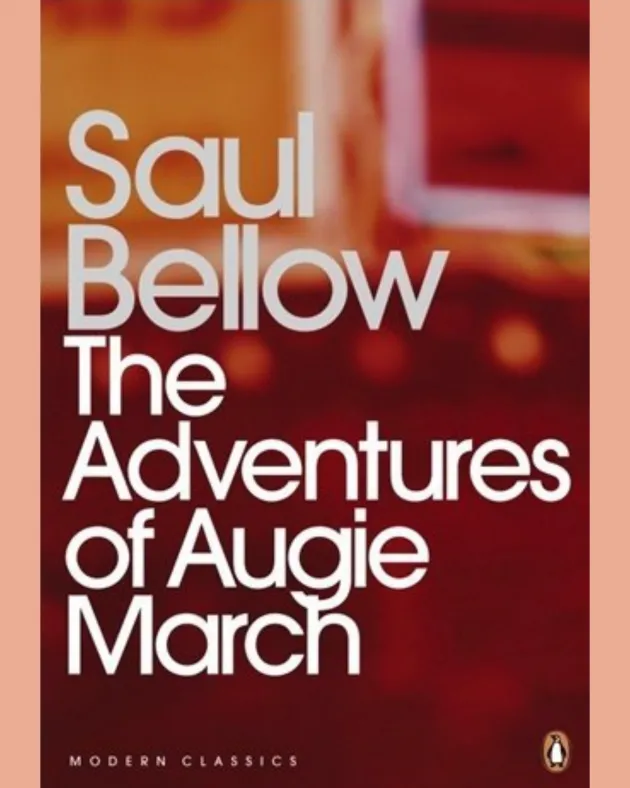Staff Pick: The Adventures of Augie March
Published on 30th April 2025
In the introduction to the Everyman edition of this book, Martin Amis claims that “The Adventures of Augie March is the Great American Novel”.
Is there a great American novel? Does it even matter if such a thing exists? The answer to both questions is probably not but it’s fun to speculate.
What’s beyond dispute is that Augie March is an epic novel and a great character. His story takes place in the years before, during and after the Great Depression, mostly in Chicago.
The novel shows various people — his Grandma Lausch, his brother Simon, his employer Einhorn — trying (and failing) to shape him as they see fit. While Augie falls under the sway of the strong-willed, the story repeatedly shows them failing to control him.

The book shows the March family move the third brother, Georgie, into an institution. Augie and Simon do the same with their grandmother when she is sent to a retirement home. Later still, their mother is moved into a home for the blind. Behind Augie’s back, Simon sells all the family’s old furniture. It is as if the boys feel that in order to grow themselves, they must leave behind their familial ties.
However, as the story progresses, Augie feels himself consistently drawn back towards his mother and brother in a way that Simon is not. And while Simon amasses a small fortune, Augie remains poor — the novel seems to suggest that people stand to gain from an ability to shed the past.
Despite the grandiose claims made about it by reviewers like Amis, this book feels like one which has gone out of fashion. Published in 1953, it preceded the societal eruptions of the 1960s and, while it spans the Great Depression, barely mentions the seismic reforms of FDR’s New Deal.
In other words, it largely eschews politics. In our politically obsessed contemporary world, this makes it a hard sell. However, in its portrayal of human nature, the novel offers insights into the willingness of some to break the ties that bind and the determination of others to refuse the atomisation of modernity.
Submitted by Peadar C in LMS.